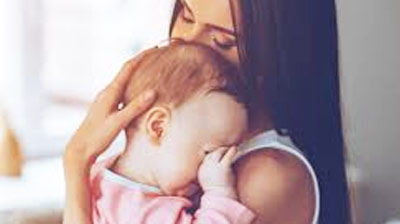
Hi readers, I am starting a new segment after a long time based on more and more queries of tired parents working from home due to lack of sleep. We will take this up in next posts where we will try and discuss simple steps to tackle sleep regression and simplified ways to sleep train your baby.
Sleep regression is a period when a baby or toddler who has been sleeping well suddenly starts waking at night and / or skipping naps. Those changes in sleep patterns may include shorter naps, resisting bedtime, difficulty falling asleep, frequently waking at night, or having a tough go of it in general.
Basically, babies go through several massive periods in the first 2 years, where they experience mental and physiological change. In some cases, babies have to re-learn sleep skills due to the parts of their brain responsible for sleep changing and maturing.
But, although this seems daunting right now, just remember that sleep regressions are signs that your baby’s development is on the right track.
While sleep regressions are common, they can be triggered by:
Small guide to understand regression phases-
Sleep association - Sleep has now become a much more conscious activity for your little one, so sleep habits are easily formed in babies at this age. The way we put babies to sleep begins to dictate how they come to expect going to sleep in this new phase of their development. These are referred to as sleep associations.
Infant sleep training refers to a number of different regimens parents employ to adjust their child's sleep behaviours.
Sleep training is a hotly debated topic. While people in favour argue that it makes child capable of independently falling asleep, those against it argue that it’s not necessary to put the child through such experience. So, all struggling parents, will soon discuss sleep training for different age groups. I would love to hear about your experiences. Let me know if you have specific queries that you want to be addressed.